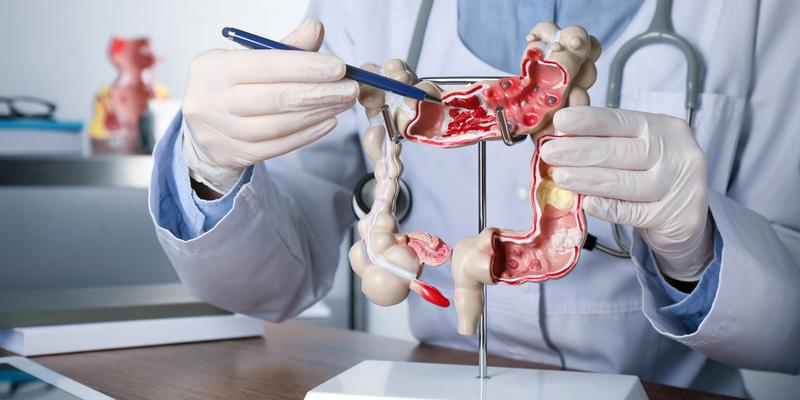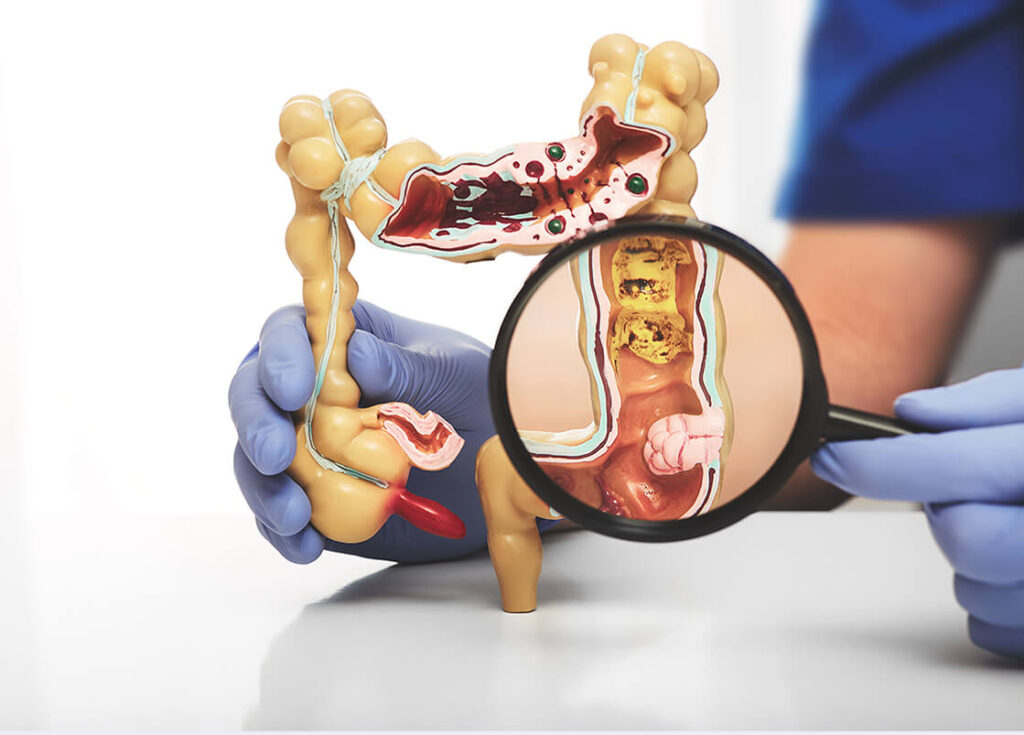Anorectal surgeries

What are Anorectal Surgeries?
Anorectal surgeries encompass a range of procedures performed to treat conditions affecting the anus and rectum. These conditions may include anal fissures, hemorrhoids, anal abscesses, fistulas, rectal prolapse, and colorectal cancers.
Anorectal surgeries aim to alleviate symptoms, such as pain, bleeding, and discomfort, and improve overall bowel function.
Types of Anorectal Surgeries:
Hemorrhoidectomy: This procedure involves the surgical removal of hemorrhoids, swollen veins in the rectum or anus. Hemorrhoidectomy may be recommended for severe or recurrent hemorrhoids that do not respond to conservative treatments.
Fistulotomy: This surgical procedure is performed to treat anal fistulas, abnormal tunnels that form between the anal canal and the skin around the anus. Fistulotomy involves opening and draining the fistula tract to promote healing.
Lateral Internal Sphincterotomy (LIS): LIS is a surgical procedure used to treat chronic anal fissures, tears in the lining of the anus. It involves cutting a small portion of the internal anal sphincter muscle to reduce sphincter spasms and promote healing.
LIFT Procedure: The LIFT (ligation of intersphincteric fistula tract) procedure is a minimally invasive surgical technique used to treat complex anal fistulas. It involves identifying and ligating the fistula tract to close it off and promote healing.
Anal Abscess Drainage: This procedure involves incision and drainage of an anal abscess, a collection of pus in the anal or rectal area caused by infection. Drainage of the abscess helps relieve pain and prevent further complications.
Rectal Prolapse Repair: Rectal prolapse repair surgery is performed to treat rectal prolapse, a condition in which the rectum protrudes through the anus. The surgery may involve repositioning and securing the rectum back into place or removing a portion of the rectum.

Why are Anorectal Surgeries Performed?
Anorectal surgeries are performed to alleviate symptoms, improve quality of life, and prevent complications associated with anorectal conditions. These may include pain, bleeding, itching, difficulty with bowel movements, and fecal incontinence.
Surgical intervention may be necessary when conservative treatments fail to provide relief or when the condition is severe or recurrent.
